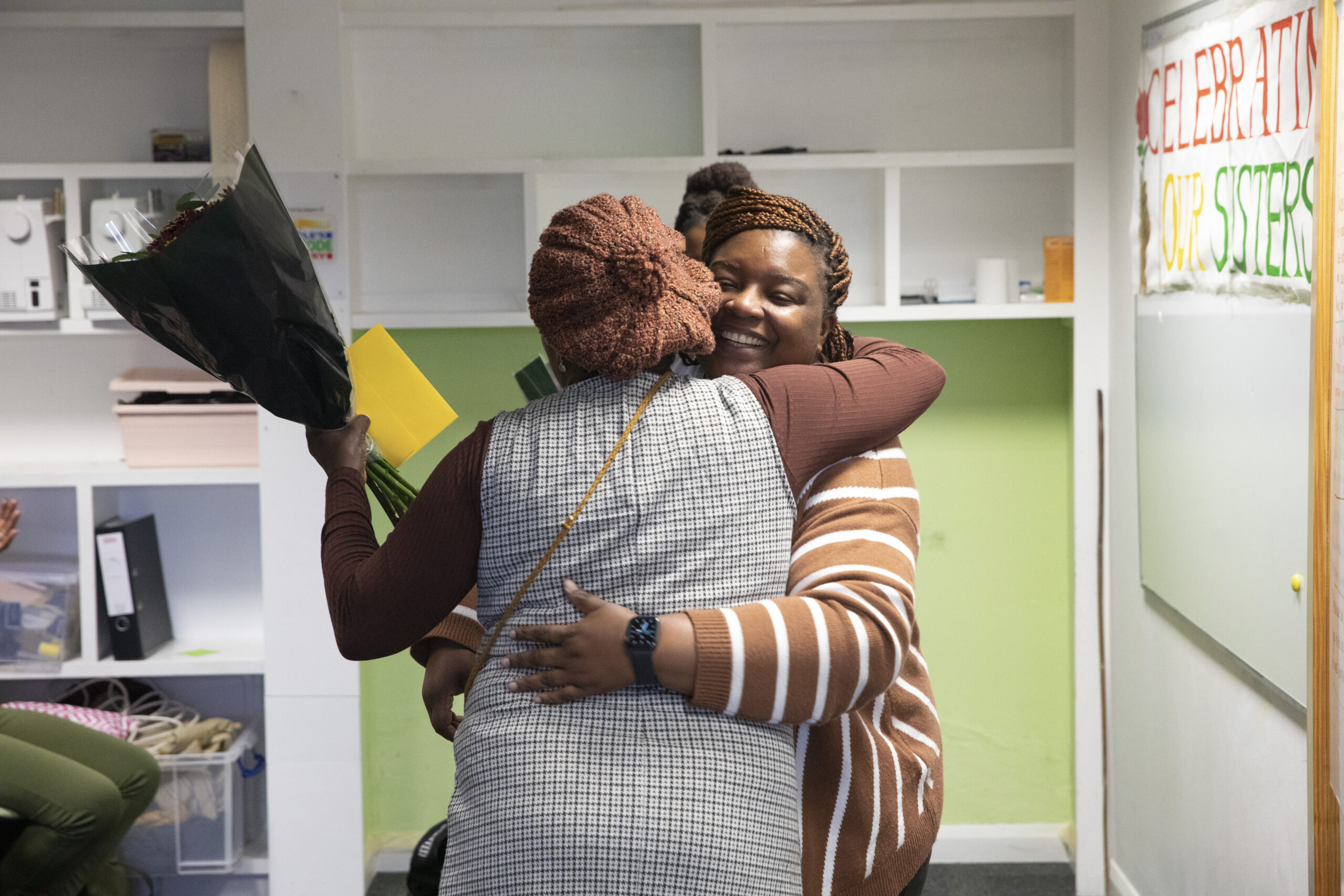By Silvia Berastegui- Policy and Public Affairs Manager
We #InspireInclusion through cultural mediation
At Hibiscus, we are committed to addressing the inequalities and systemic barriers faced by Black and minoritised migrant women in the UK. A few years ago, thanks to funding and support from The Bell Foundation, we initiated a project called Cultural Mediation. The aim was to introduce a more inclusive tool and methodology into our delivery of specialised case support to reduce the institutional and structural barriers we witnessed migrant women were facing.
By cultural mediation, we refer to any interpreter mediation that addresses the cultural content of the message, the cultural context or cultural concerns, with the intention of addressing an institutional barrier that impedes understanding. Despite its rationality, this aspect has not been adequately considered by services designed to support migrants as they navigate various systems in the UK, such as healthcare, education, criminal justice and immigration.
At Hibiscus, our specialist project worker uses cultural mediation techniques to deliver tailored support to Albanian women. This work began as a pilot project in July 2020 with our Albanian clients and has since expanded significantly. We have trained other project workers at Hibiscus in cultural mediation, enabling us to support more women in various settings, including the community, prisons, and detention centres. Additionally, we have organised training on cultural mediation for external organisations that provide frontline services to migrant women affected by the criminal justice and immigration systems. This knowledge transfer between organisations is intended to produce lasting benefits for women who need more specialised support than is currently available to them.
Migrating to the UK from another culture and speaking a language other than English does not in itself create a barrier. The barriers arise when migrant women attempt to navigate systems that do not offer the right services and support for them, failing to address their intersectional needs. At Hibiscus, we frequently hear accounts from Black and minoritised migrant women who face racism and where communication with services has completely broken down, placing them in vulnerable and precarious situations with very few options. We want to draw the attention of the government and policymakers to the urgent need to close this gap and recognise the needs of these women, particularly by introducing cultural mediation into the range of services available for people with cultural and language needs.
Over the past few months, we have conducted research into how cultural mediation has been successfully applied by governments and NGOs in other European countries to support migrants more effectively. We will soon publish this research with policy recommendations, in order to improve understanding of cultural mediation as an essential tool and methodology to support Black and minoritised migrant women in overcoming systemic barriers.
A blog post, written by the women with lived experience participating in this project, was published last year on The Bell Foundation’s website. You can find it here. For more information about Hibiscus’ cultural mediation training package, click here.







